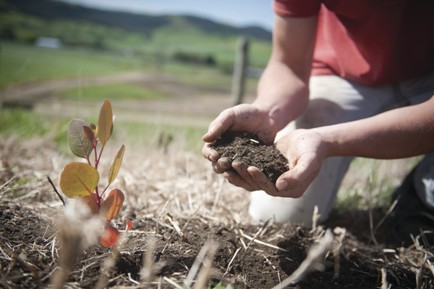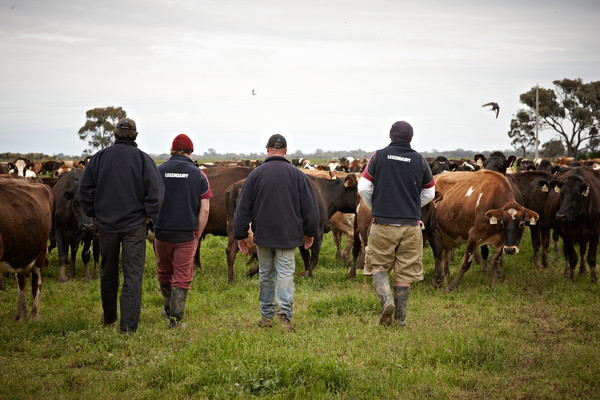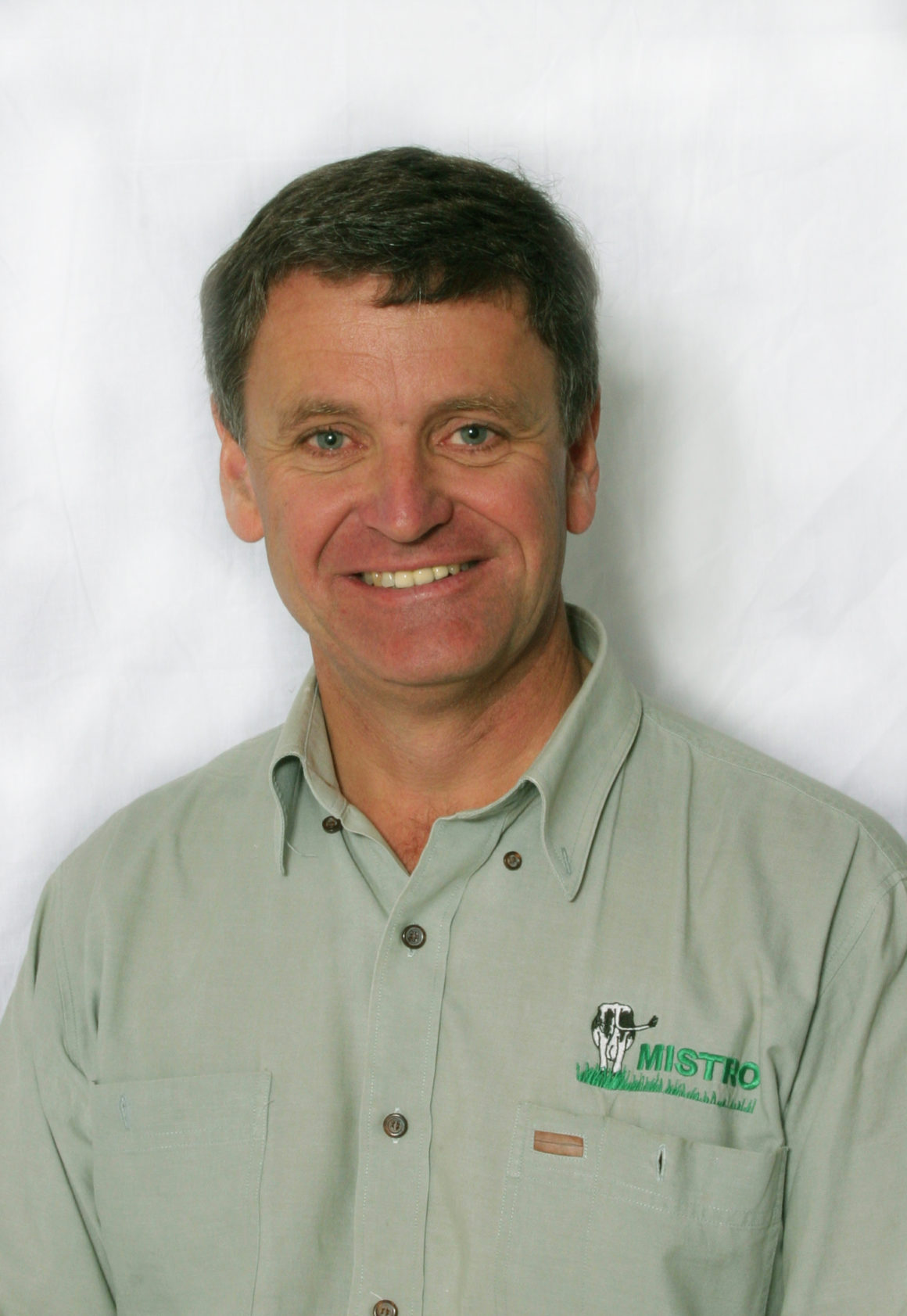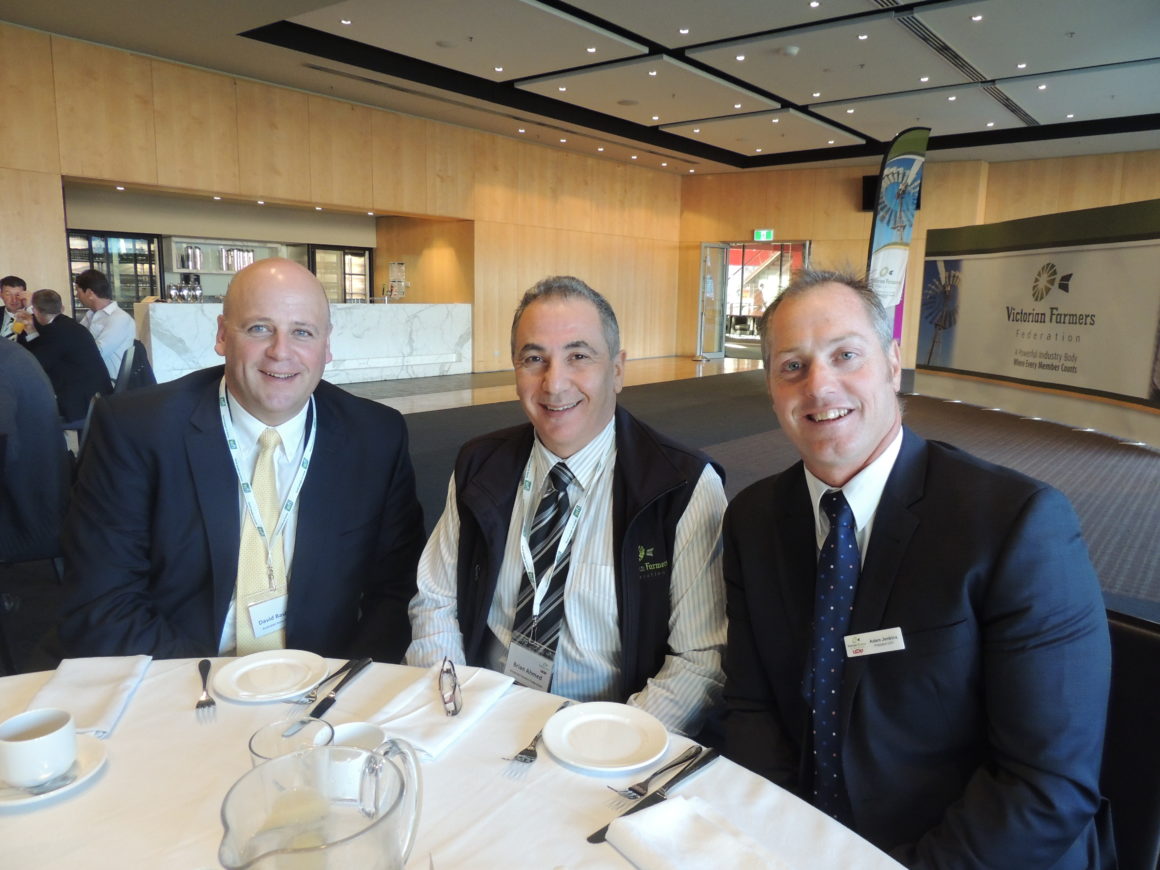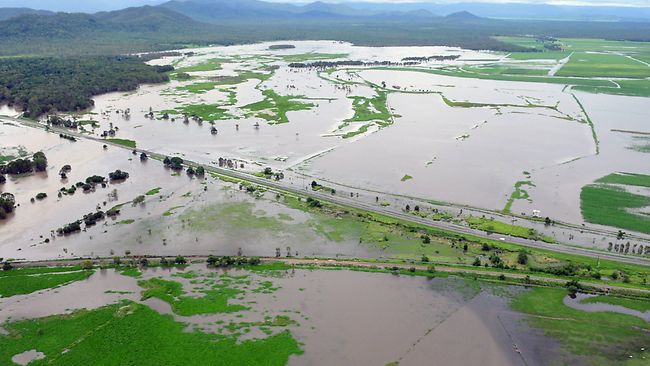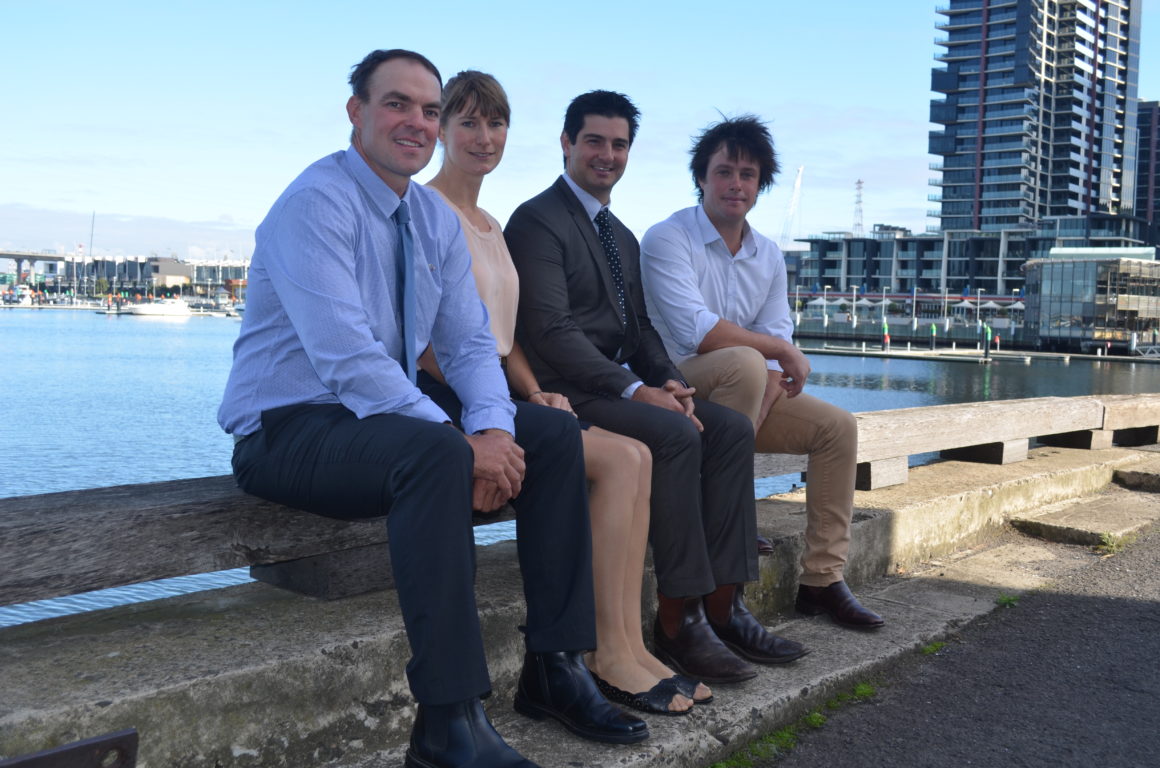Producing more from less is a constant theme on Australian dairy farms. From reusing water in the milking shed, to ensuring the pasture our cows graze
on can be effectively turned into milk, efficiency is the number one buzz word on farm.
Consuming resources with care underpins everything we do on farm because we know it will ensure the sustainability of our businesses, our industry and
our planet in the decades to come.
This year on World Environment Day, June 5, the United Nations will reinforce the importance of consuming with care. Whether it be adopting renewable energy
systems on farm or switching off the lights at the power switch, our individual decisions and actions count towards a larger goal of preserving not
only the environment but the well being of humanity and our economies.
On June 5, Australian dairy will stand proud on its continuing commitment to minimising our environmental footprint as part of dairy’s broader commitment
to establishing a more sustainable dairy industry. This commitment is recognised and promoted through the industry’s Sustainability Framework.
Demonstrating the interdependent nature of dairy’s profitability, well being and natural resource management, the Sustainability Framework shows the progress
dairy has made thus far as well as acknowledging the work left to do by 2020.
On-farm examples of sustainable practices abound. South Australian share farmers, Andy Vickers and Belinda Wright soil tested 20 farm paddocks and were
able to reduce application of phosphorus fertiliser to about one-third, meaning big cost savings, less nutrient runoff, reducing green house gas emissions
and better environmental outcomes.
Overall, the industry’s Fert$mart nutrient management initiative has helped farmers, including 120 in recent months throughout Tasmania, Gippsland and
South Australia, to achieve on average, a savings of approximately $12,000 per farm.
On King Island, a group of nine dairy farmers co-ordinated the installation of solar hot water systems for dairy sheds, an innovation making the most of
renewable energy sources and also forecast to cut hot water costs by up to 50%.
From these grand scale projects to the everyday actions, all dairy farmers play an important role in creating a sustainable Australian dairy industry and
consuming our resources with care. This includes everything from monitoring electricity consumption and equipment performance and having some level
of automated irrigation to manage water use efficiently, to feeding cows a high quality diet to increase milk production and reduce green house gas
emissions.
Australian Dairy Farmers (ADF) has been advocating for the Federal Government’s continued funding towards energy efficiency programs, as well as enduring
investment in R,D&E in the Government’s consideration of Australia’s greenhouse gas emissions targets and policy.
Working with Dairy Australia, ADF has lobbied for nationwide funding for free energy efficiency assessments for dairy farmers that has already helped 1,200
farms – with another 200 due for completion by June 2015.
Supportive policy could assist farmers in tackling rising energy costs, while also contributing to the dairy industry’s – and Australia’s more broadly
– environmental sustainability. We’re committed to ensuring Australian dairy’s voice is heard through government policies that support our industry,
however there are many areas where we can already act to make a difference.

